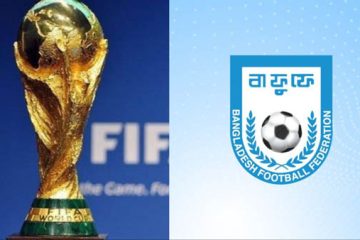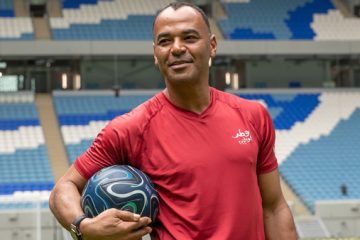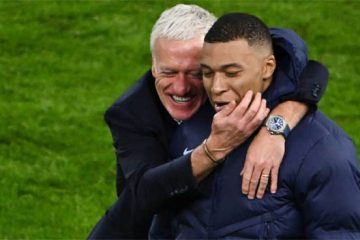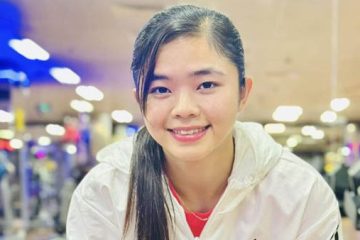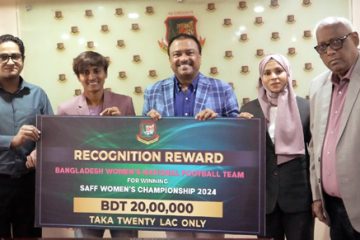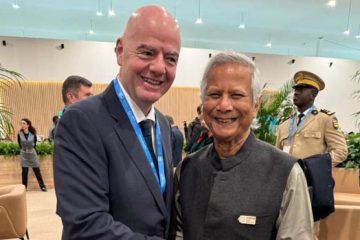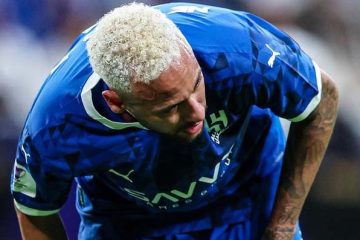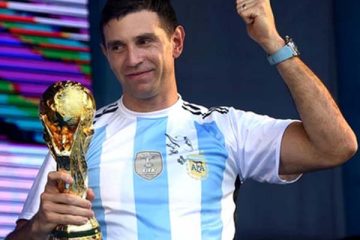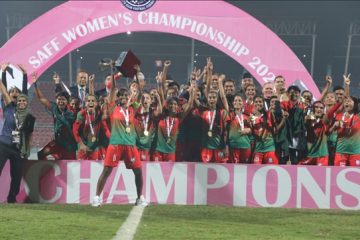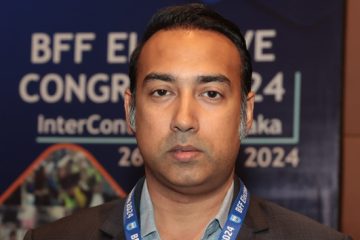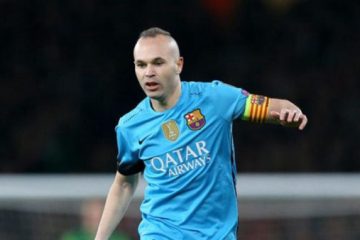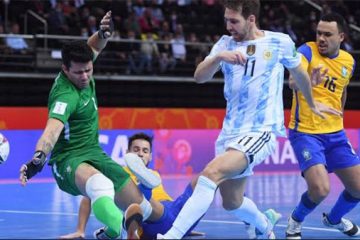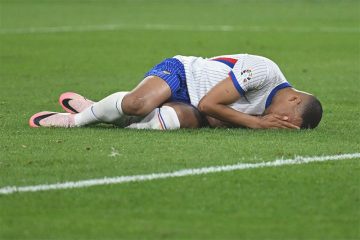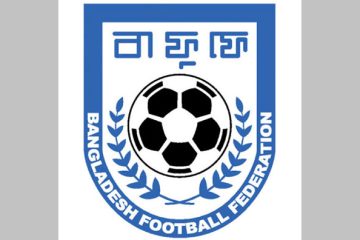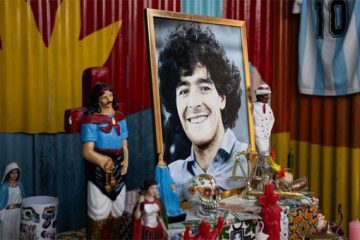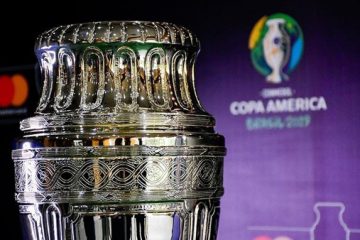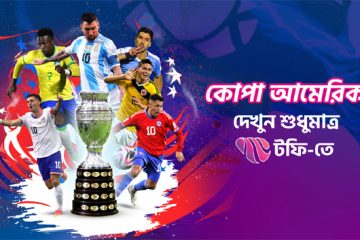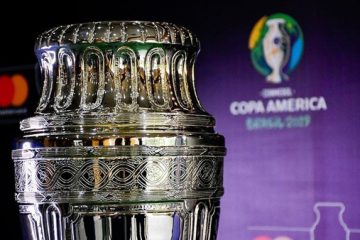Not far from the banks of the Parana River on the outskirts of the Argentine port city of Rosario is a small, patchy football pitch, overlooked by decaying tenements.
It is the home of a children’s team known as the Grandoli Football Club.
The club is run by parents in a rough and tough working-class neighbourhood and provides training and league games for local children.
It was here that one of the most famous players in the world, Lionel Messi, 22, started his career in football.
The Barcelona forward, who was named the best player in the world in 2009 by Fifa, is set to play in his first World Cup this year for Argentina.
From the Grandoli pitch you can just glimpse the ships going downriver from the grain ports of Rosario.
The city was hit hard by the economic crisis Argentina suffered at the end of the 1990s, but now the port is bustling again, loading soya bean from the vast grain fields of the region to be taken downriver and out to sea, most destined for China and the US.
“Messi belongs to the city, and people adore him,” says David Trevez, the president of Grandoli.
“When he and his family are here, they are just one more family from Rosario. They haven’t forgotten our city – his brother lives here and the parents come back a lot and Messi comes here on holiday.”
The next Maradona
For Mr Trevez, Messi is part of a long and proud footballing history in Rosario.
It is home to one of Argentina’s best provincial clubs, Newell’s Old Boys, founded in 1903 and named in honour of an English immigrant, Isaac Newell.
Rosario has produced and nurtured many international players and managers, including Diego Maradona who was at Newell’s Old Boys for a time, and the current managers of the Chile and Paraguay national teams, Marcelo Bielsa and Gerardo Martino, who both played at the club.
There are many small boys in football-mad Rosario who dream of becoming world-class players but Lionel Messi was special from the start.
At the age of five, he was brought to train at Grandoli, where his brothers were already playing, by his grandmother.
“Immediately he started to attract a lot of local attention,” said Mr Trevez, showing off the club trophy rooms and fading team photos with a tiny Messi beaming out of them.
“He was so different from the rest. He would get the ball, go past four or five players and score. For a kid that age, it’s very rare to be able to do that.
“People were saying Grandoli had the next Maradona, and when he was playing, people who weren’t even connected to the club would come, the whole neighbourhood would watch the game.”
Lionel Messi’s early footballing talent is also remembered at his school.
In the colourful, bright classroom at the local primary school he attended, his teacher Diana Ferrato said Messi had overcome his shyness on the football pitch.
“At playtime he would show this amazing ability at football, he would become the leader of the group out there. He felt more at ease on the pitch than in the classroom,” she said.
In recent years Messi has become a major benefactor to the school, visiting several times. In 2009, he donated the equivalent of two years of the school’s budget.
One young pupil, Lara Augustina Colela, was at school when the footballer last visited.
“He is a great player and a nice person too,” said Lara, as she stood in the newly paved playground, complete with stone tables and benches built with Messi’s donation.
“If I could, I would ask him if he misses Rosario, and tell him we want to see him play here. He is a great example to us and to Rosario as well. People always ask me about what it is like going to Messi’s school.”
People are also proud of the connection with Lionel Messi at Newell’s’ Old Boys’ junior training camp.
His parents brought him to train there a couple of nights a week and he played in junior leagues at weekends after he outgrew the Grandoli.
Close-knit neighbourhoods
Messi donated money to the camp to keep it open when it was in trouble a few years ago.
From there, his parents signed a contract with Barcelona and he left at the age of 11.
In the chilly darkness of an autumn evening, many of the boys putting on their boots to start football practice said that they liked the way Messi played and wanted to be like him.
“He has magic in his feet,” said one young player. “He is the best in the world, better than Maradona, unique.”
Their coach, Ernesto Vecchio, a mechanic by trade, trained Messi for four years before he left for Barcelona.
He has been training boys for 25 years and is proud of his city’s football tradition and of the city itself.
Messi’s great strength, he said, was his family, but it also came from the close-knit neighbourhoods of Rosario.
“It takes time to create a good player, you see a lot of talent here, but success depends on who is looking after these boys. The kind of society you come from can make all the difference to a player.”
As World Cup fever grows, the people of Rosario are proud of their famous son.
As David Trevez, president of Messi’s first football club said: “The best football player in the world started here and his first football shirt was ours.”

